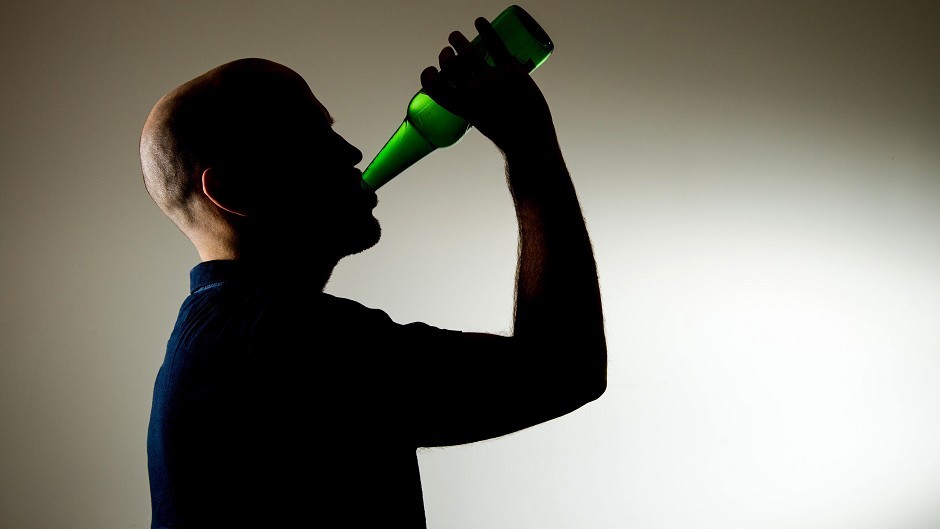Europe’s highest court has ruled the Scottish Government’s plan to impose a minimum price on alcohol is contrary to EU law.
Judges at the European Court of Justice (ECJ) in Luxembourg concluded yesterday that the flagship SNP policy would only be legal if the same end could not be achieved in a way less restrictive to trade.
Their ruling pointed to tax rises as an alternative means of increasing the cost of drink which would allow traders to retain the freedom to determine their selling prices.
But First Minister Nicola Sturgeon was quick to point out this was not an option available to the Scottish Government as the ability remains reserved to Westminster.
The case will now return to the Court of Session in Edinburgh which will decide whether other measures would be as effective in achieving the desired public health benefit.
Both camps claimed victory after the ruling, with critics characterising it as a major blow, while supporters argued it brought minimum unit pricing (MUP) a “step closer”.
The Scotch Whisky Association (SWA) declared the issue had been settled “once and for all”, just as Ms Sturgeon welcomed the news.
She reacted angrily to news reports online that the ruling meant the policy was now dead in the water.
In a tweet the SNP leader said it did not mean the Scottish Parliament could not introduce MUP.
She wrote: “It sets out tests (the) national court needs to apply. We think those tests can be passed.
“We believe (MUP) it is most effective way of tackling alcohol misuse.”
The controversial measure, which would involve the introduction of a minimum price of 50p per unit, has been the subject of legal wrangling since it was backed by MSPs in 2012.
Government officials argue the policy would help tackle Scotland’s “unhealthy relationship with drink”, but the SWA has warned it would act as a trade barrier.
The association – alongside other European wine and spirits producers – took the fight to the ECJ after it was dismissed by judge Lord Doherty at the Court of Session in 2013.
Yesterday’s ruling found a minimum price would constitute an obstacle to the free movement of goods, but that such a measure may be justified on health protection grounds “only if it is proportionate to the objective pursued”.
The court said a fiscal measure increasing the taxation of alcoholic drinks “is liable to be less restrictive” than MUP.
Welcoming the ruling, SWA chief executive, David Frost, said alcohol-related deaths had fallen by a third over the last decade in Scotland.
He added: “The court has confirmed MUP is a restriction on trade, and that it is illegal to choose MUP where there are less restrictive ways of achieving the same end.
“This ruling opens the way to moving the debate on, allowing us to address alcohol misuse with practical measures that actually work.”
But Alison Douglas, chief executive of Alcohol Focus Scotland, said alcohol sales and deaths rose in Scotland again last year.
She argued taxes were limited in their ability to raise the price of the cheapest alcohol to a level that would actually reduce harm.
She also accused the SWA of “sacrificing public health” to protect its members’ profits.
Dr Peter Bennie, chairman of British Medical Association Scotland, welcomed the European court’s setting out of the test that must be applied to the policy.
He said it put Scotland a “step closer” to implementing MUP, adding: “The case for it has always been based on the fact that it achieves what taxation cannot when it comes to reducing the harm caused by alcohol.
“Every year of delay carries with it a human cost in lives lost and health damaged.”
But Conservative MEP Ian Duncan urged the Scottish Government to publish “plan B” as soon as possible.
He added: “No one would argue that Scotland has a troubling relationship with alcohol but we have to get the strategy right.
“The Scottish Government have put all their eggs in one basket and have fallen foul of EU law.”
Health Secretary Shona Robison said she remained certain the policy was the “right measure for Scotland”.
